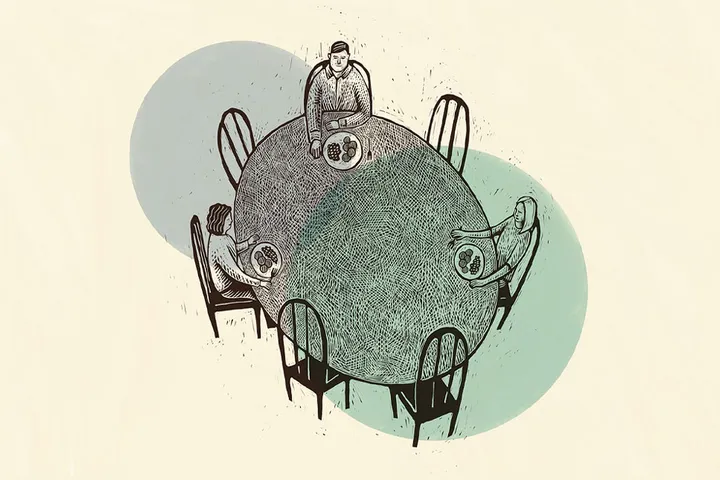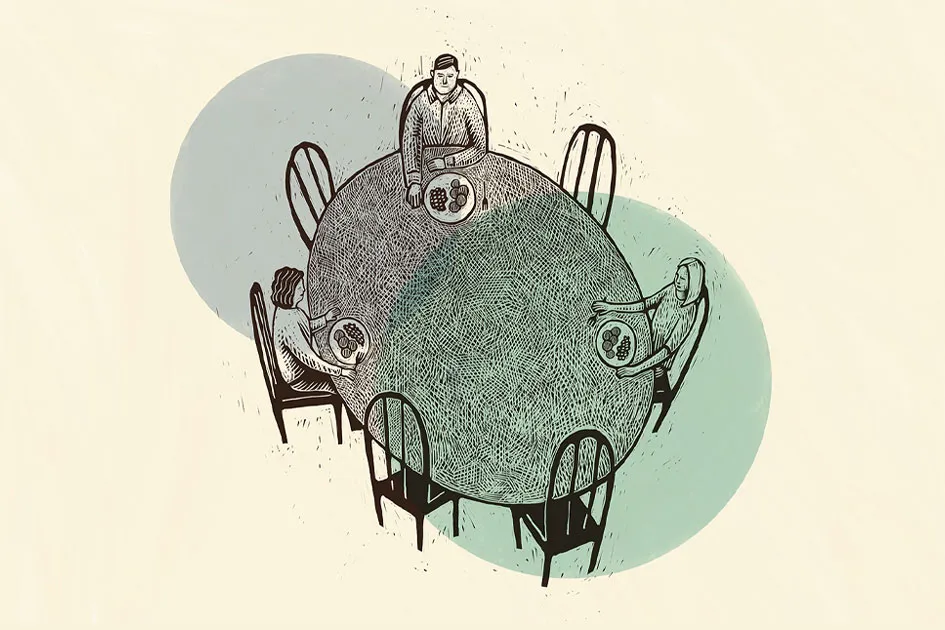Have you ever pleaded extensively with God, only to face the disappointment of His silence? Unanswered prayer can be frustrating, bewildering, even maddening. Yet it’s not a rare occurrence—nor is it something believers find easy to understand. Just ask Mary and Martha.
The sisters knew who Jesus was and what He was capable of. Besides which, He was a dear friend of their family. So when Lazarus fell ill, they quite reasonably expected the Lord would come quickly and heal him. It’s painful to imagine the women’s hope evaporating as they realized their brother’s sickbed was in fact his deathbed. 
But think about how different their perspective was just four days later, with the discovery that raising Lazarus had been Jesus’ purpose all along, not some Plan B to make up for unfortunate timing. (See John 11:4, John 11:6.) To give Mary and Martha the far greater miracle, Jesus first had to disappoint their hopes of a lesser one.
In his sermon “Learning to Live With Frustrations,” Dr. Stanley explains it this way: “When you and I pray and God says “yes,” we rejoice in Him and keep moving. When He says “no” or “not now,” that causes us frustration. God allows certain frustrations in our life for our own spiritual maturing or to accomplish something that’s totally beyond our understanding.”
In another sermon titled “Waiting on God’s Timing,” Dr. Stanley says divine timing, though perfect, can be very different from our desires or expectations, because “oftentimes God delays what we think we need in order to give us something better than we planned.” Mary and Martha surely could have attested to that, and so can I. There have been certain essentials I begged God to supply and emergencies my maternal heart implored Him to address—requests that were met with a befuddling silence. I had no way of knowing a surprise would eventually be delivered, covered in divine fingerprints.
To give Mary and Martha the far greater miracle, Jesus first had to disappoint their hopes of a lesser one.
For instance, after 14 exasperating months of searching, we finally found the house that met our very specific criteria—only to discover minutes later it had gone under contract three hours earlier. Baffled to be shown but denied such a well-suited place, my husband lamented to the realtor, “But that’s the house God wants us to have!” His bold statement concerned me, as admitting God disappointed us seemed a risky way to testify about Him.
We were about to learn, however, that even a signed contract is no obstacle for the Lord. My husband insisted on putting in a backup offer despite our agent’s warning that she’d never seen the tactic work. Over the next two weeks, a series of unusual circumstances convinced the buyer to back out, and we signed a buy-sell agreement just three days before he wanted back in. Our realtor was stunned. After the closing, we received a note saying she’d been struggling spiritually of late, and the Lord used our quirky transaction and my husband’s confident faith to boost hers. In our minds, being blessed with the perfect house had seemed all about us; we sometimes forget how multidirectional divine blessings can be. And the P.S. to the story is that for the past 18 years, God has repeatedly confirmed—through neighborhood relationships and specific ways this home was suited for His purposes—that it is, indeed, the house He wanted us to have.
That’s minor, though, compared to what happened the very first time I tried praying. I didn’t know the Lord yet, but when our second child—a 4-week-old preemie—took a turn and was in critical condition, I begged for help from the God I hoped was out there. The baby’s death was His heartbreaking “no,” a deafening silence to someone frantic for proof He existed. The Lord, however, had a different type of healing in mind. I later discovered that what I’d interpreted as divine nonexistence was actually a very personal, loving God who for years had been lining up people and situations so my family would actually get to meet Him through this crisis. As tragic as the loss was, disappointed hope unlocked an immeasurably greater miracle: Our child’s very brief earthly life led to eternal life for us.
In our minds, being blessed with the perfect house had seemed all about us; we sometimes forget how multidirectional divine blessings can be.
So no, I don’t enjoy God’s silences. But His track record in both Scripture and my life is helping me reframe disappointments. Seeing how His “no” has led to a greater miracle or blessed more people, I’m able to entertain hope that any future pauses will also serve His good purposes. Maybe, as was the case with Joseph, a delay will allow experiences or training necessary for a task God has in mind. (See Gen. 39:1-23; Gen. 41:38-49.) Or perhaps what we beg Him for isn’t available yet. Could it be that until the time is right, our burning desire is God’s placeholder, preventing us from settling for less than He wants to give?
We may never fully understand our Father’s reasons for telling His children “no.” But frustrations become more bearable when we believe He knows what He’s doing—and is doing it out of love.





